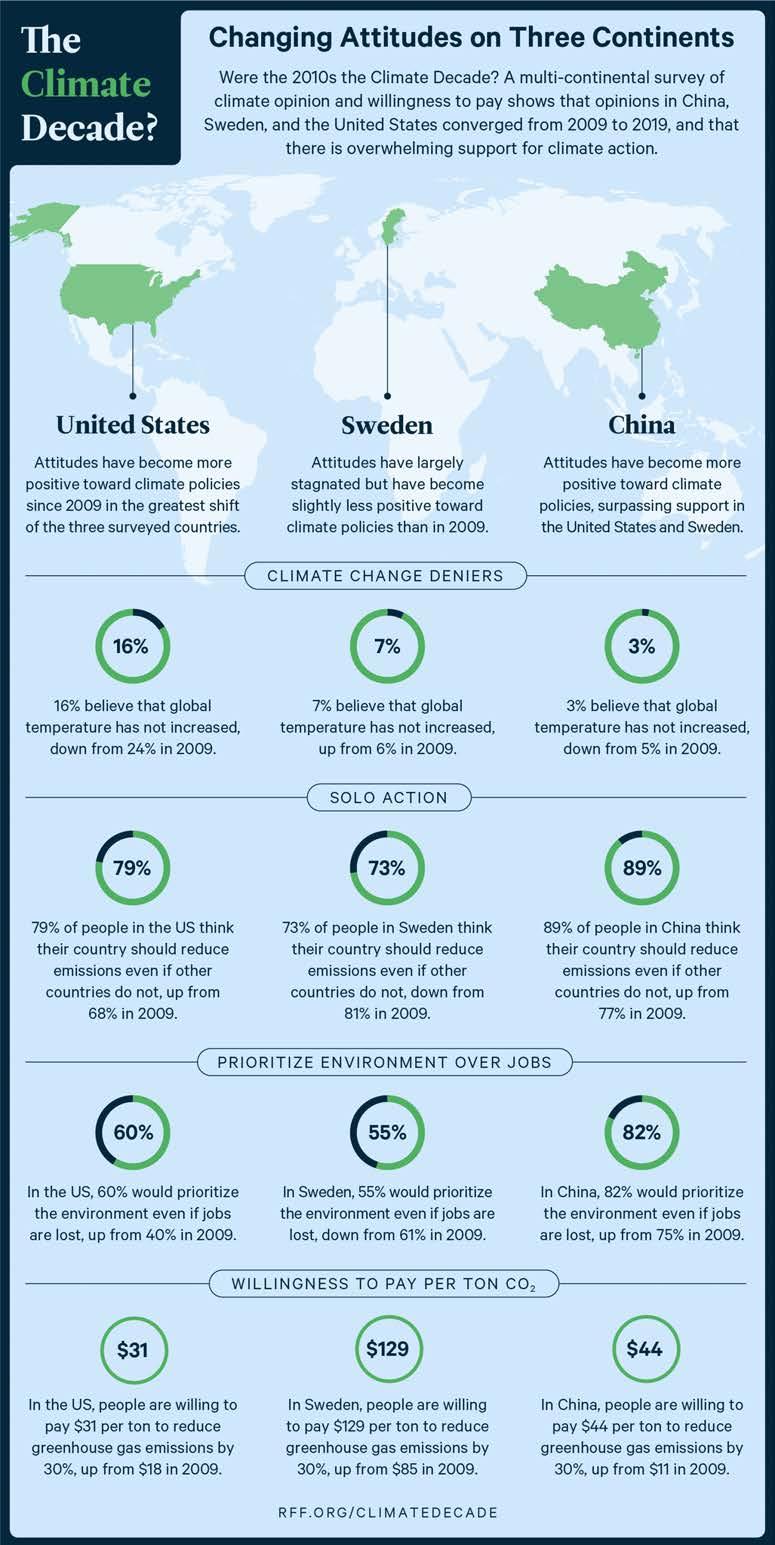About Mistra Carbon Exit
The Mistra Carbon Exit program addresses and identifies the technical, economic, and political challenges that Sweden will encounter when it attempts to reach the net zero greenhouse gas emissions target by 2045. This target will require transformative pathways in virtually all industrial processes and their associated products and services. Mistra Carbon Exit takes a novel approach in addressing this challenge by focusing on opportunities and barriers for mitigating carbon emissions along industry supply chains – from the input of raw materials, through primary and secondary activities, to final products and services demanded by the end user. The program gathers key Swedish industries, covering the supply chains of buildings, transportation infrastructure and transportation, which allow the capture of at least 75 percent of Sweden’s CO2 emissions. Mistra Carbon Exit was approved for funding by Mistra in December 2016 and started in April 2017. In December 2021 Mistra approved a second phase of the program. In Phase 1 we identified technical pathways, including a first assessment of opportunities and barriers for their implementation. We also identified and analyzed a set of policy instruments that can trigger these transformative
70
changes, and we started to understand the importance of attitudes and behavior for a successful transition of the supply chains investigated. In Phase 2 we will focus on key areas related to technologies, governance, behaviors, and policies. By identifying pathways and policies, we aim to show how Sweden and Swedish companies can become frontrunners in transforming society and industries, providing low-carbon products and services while at the same time addressing market risks. The Mistra Carbon Exit consortium includes a broad representation of researchers and actors: four universities:, including four universities Chalmers University of Technology, University of Gothenburg, Linköping University, and the Royal Institute of Technology (KTH)], four research institutes IVL Swedish Environmental Research Institute (program host), Resources for the Future (RFF), The German Institute for Economic Research (DIW), and the Centre for European Policy Studies (CEPS)], and some 20 companies, authorities and nongovernmental organizations.
























